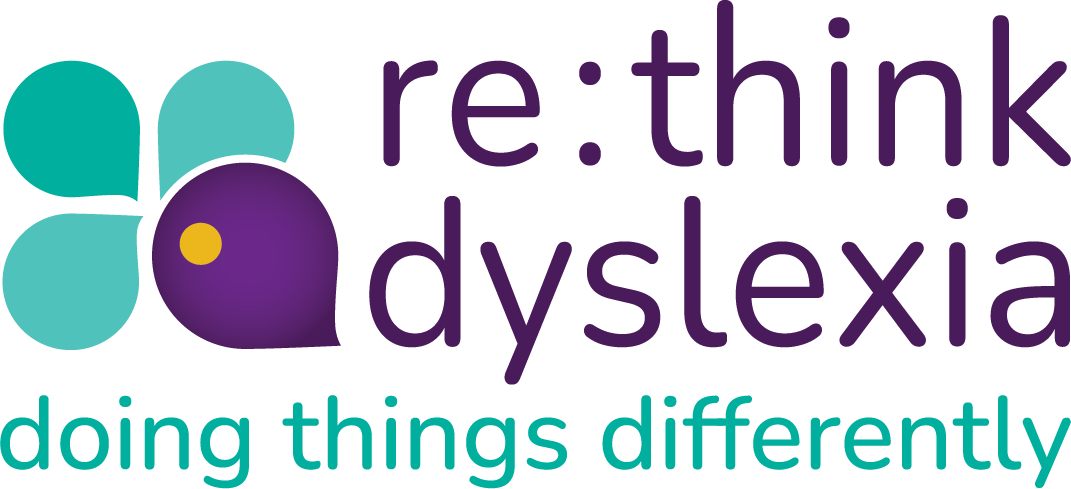Leading Diverse Workforces: Perspectives from Managers and
Employers about Dyslexic Employees in Australian Workplaces
Shae Wissell, Leila Karimi, Tanya Serry, Lisa Furlong and Judith Hudson
Published in the International Journal of Environmental Research and Public Health
Abstract
Background: Dyslexia is a specific learning disability affecting around 1 in 10 Australian
adults. It presents unique challenges for employees in the workforce, yet community and workplace
awareness of the challenges of dyslexia is limited. The aim of this preliminary research was to
explore the experiences and perspectives of Australian employers and managers responsible for
supervising employees with dyslexia in the workplace.
Materials and Methods: Using a qualitative research design, we conducted in-depth interviews with four managers who had current or previous experience managing employees with dyslexia. We used a deductive approach to analyse the data and categorise responses to the study questions. Results: Participant responses indicated that there is a lack of awareness and understanding of dyslexia within Australian workplaces. Participants identified challenges facing employees with dyslexia in the workplace including, differing personal levels of confidence and comfort in disclosing disability; the possibility of discrimination, and a lack of inclusive organisational practices and processes. Suggestions for ways to improve workplaces for dyslexic employees included: additional support for leaders and managers to drive inclusive leadership, and additional training for leaders and managers on how to best support employees with dyslexia.
Conclusions: While only a small sample size, this study indicates that further research
is needed to better understand the working environment of Australian leaders and managers. It
appears that leaders and mangers need skills and knowledge to better support employees with
dyslexia and in doing so create more inclusive workplaces.
Further details on our commitment to research can be found here.
